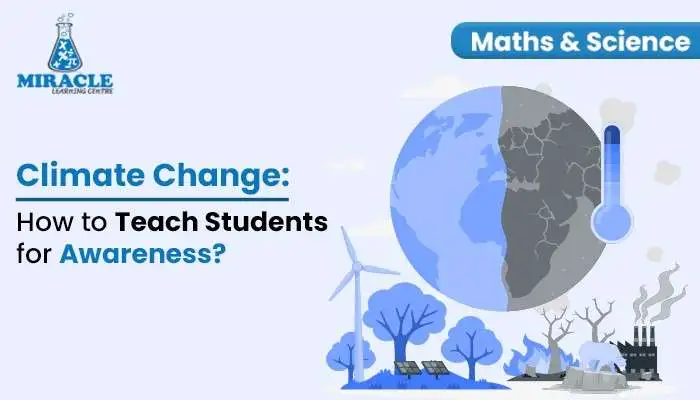Science isn't just a subject to be studied; it's a way of understanding the world. For many students, though, science can feel like a collection of formulas, laws, and concepts that exist only within the pages of a textbook.
However, when students are involved in research projects, science transforms from a theoretical discipline into a practical exploration of the unknown. This is why schools and best science tuition classes assign students with research projects for a particular topic. The benefits of Project Based Learning in science are profound, as they enhance engagement and comprehension.
Here are the top reasons why involving students in research projects can significantly enhance their learning experience in science —
Promotes Hands-On Learning
Research projects require students to actively engage with scientific principles, testing hypotheses, conducting experiments, and analysing data. There’s no way around them other than getting involved first-hand.
This hands-on approach helps students understand the practical application of theoretical concepts. When they mix chemicals in a lab or use a microscope to study cell structures, they see science come to life in a way that a lecture can’t replicate.
Develops Critical Thinking Skills
Science is an intriguing subject and to unlock the answers you need to fundamentally ask questions. Research projects encourage students to think critically by questioning established ideas, identifying problems, designing experiments, and interpreting results.
This way curiosity in students is nurtured. It also sharpens their problem-solving abilities, which are invaluable skills both inside and outside the classroom.
Fosters a Deeper Understanding of Concepts
In traditional classroom settings, there is often limited time to delve deeply into each topic. Research projects, however, allow students to explore a particular concept in depth.
With in-depth learning, a more comprehensive understanding can be fostered. Students have the chance to focus on a specific area of interest. Hence, resulting in gaining insights that go beyond the standard curriculum.
Enhances Collaboration and Communication Skills
Research projects often require collaboration among classmates, teachers, or even professionals in the field. This teamwork encourages students to share ideas, debate theories, and learn from different perspectives.
Moreover, presenting their findings helps improve their communication skills. This is because they have to articulate complex ideas in a clear and understandable manner.
Builds Confidence and Resilience
When students conduct research, they face challenges and setbacks. For example, experiments that don't go as planned or data that doesn't support their hypotheses.
Learning to cope with these situations builds resilience and fosters a growth mindset. As they overcome obstacles and make progress, they gain confidence in their abilities to solve problems and achieve goals.
Connects Classroom Learning to Real-World Applications
Research projects bridge the gap between what students learn in the classroom and how those lessons apply to the real world. For example, studying the effects of pollution on local water sources can help students understand broader environmental issues.
These projects make science relevant, showing students how their learning can impact their communities and the world at large.
Conclusion
Involving students in research projects isn't just beneficial—it's essential for ensuring a true understanding of science. Through these experiences, students gain skills, insights, and a passion for discovery that can last a lifetime.
Encouraging young minds to explore, ask questions, and find their answers helps create a new generation of thinkers, innovators, and problem solvers ready to tackle the challenges of tomorrow.
We at science tuition classes try to include efficient and helpful methods to make sure students get the best learning experience. To know more about our approach, get in touch with us.







